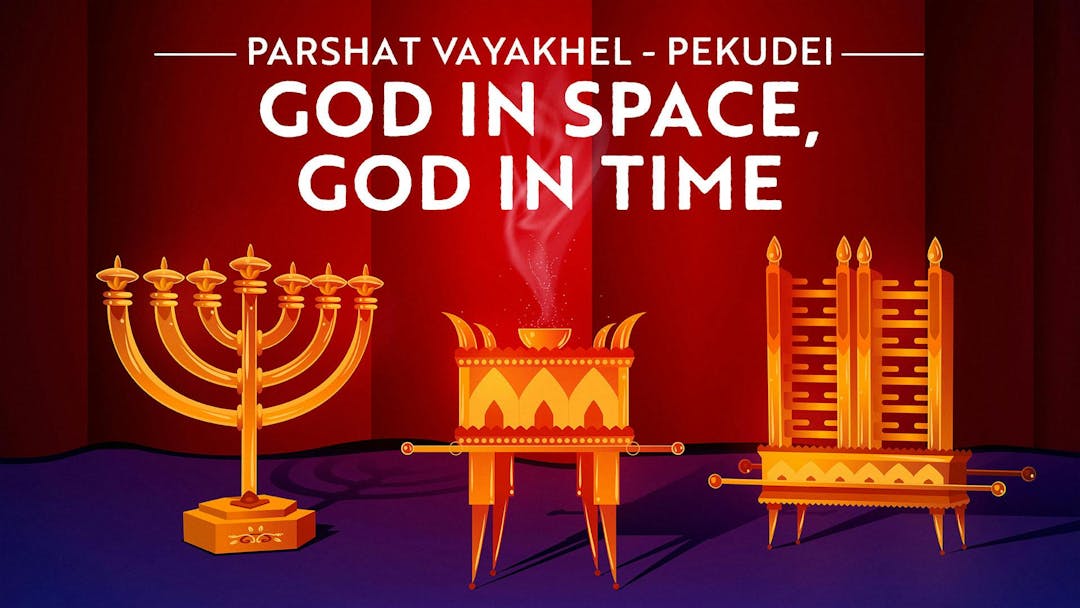Start your free trial today to unlock the full library and enjoy unlimited and uninterrupted access.
Get StartedWhat Does It Mean To Be Created In The Image Of God?
What Does It Mean to Be Created in the Image of God
What does it mean that we are created in the image of God, b'tzelem Elohim? Rabbi Fohrman argues that the answer lies in God's own process of creation, work – and most importantly, His rest on the Sabbath Day. What can we learn from these concepts to be more Godlike in our actions?
In Vayakhel, the Tabernacle and Shabbat are juxtaposed, which leads our Sages to explore the idea of refraining from work – melacha – and the spiritual meaning of keeping Shabbat law. But what is the actual connection between the Tabernacle and Shabbat, and what does this teach us about tzelem Elohim? Join Rabbi Fohrman as he reexamines the creation story and the original Sabbath.
Want to watch the full video for free?
Enter your email and we’ll send you a link to watch the full series free.
What is Aleph Beta?
Aleph Beta is a unique kind of Torah library. Led by our founder, Rabbi David Fohrman, we are dedicated to high-level, textual Torah learning for adults that is intellectually and spiritually sophisticated, that enlivens your Jewish practice and helps you forge a deeper connection to God. Whether you’ve been learning in yeshiva for years or you’re just beginning your Torah journey, you’re sure to find something meaningful and surprising waiting for you here.
Browse our library of over 1,000 beautifully produced animated videos, podcasts, deep dive courses, and printable guides. Topics include the weekly parsha, Jewish holidays & fast days, laws & mitzvot, prayers, relationships, big philosophical ideas and more. Have something to say at the Shabbos table that will amaze your family and guests and bring deep meaning into their lives.










